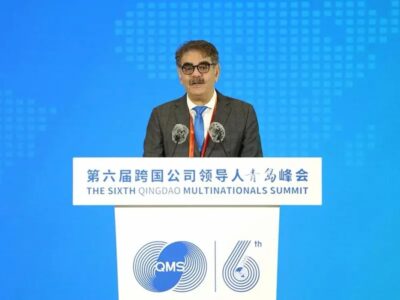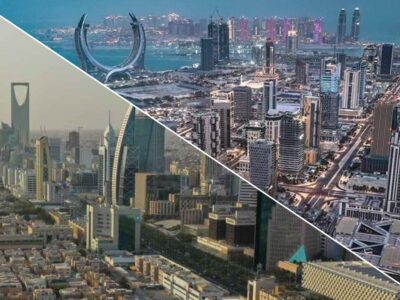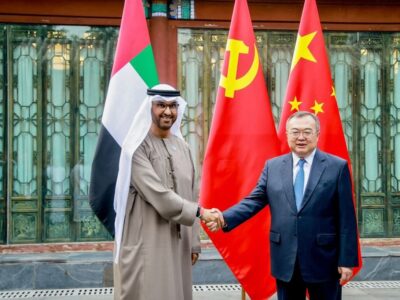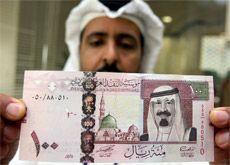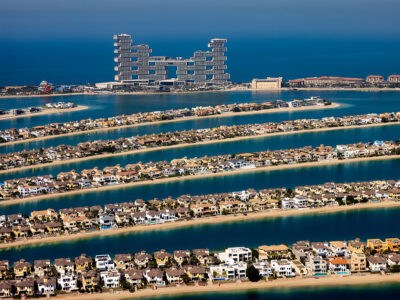Top oil exporter
Saudi Arabia, which projected a budget deficit in 2011, is
likely to post a SR77bn ($20.5bn) surplus based
on an oil price of $80 a barrel, according to a research note on
Sunday.
State-owned National Commercial Bank predicted the kingdom
would also surpass its spending and revenues forecasts, saying
both were “understated.”
Last week, Saudi Arabia said it would spend SR580bn
next year in a push to create jobs for a fast growing
population. It projected revenues of SR540bn,
resulting in a SR40bn deficit.
Gulf Arab states typically base their budgets on a very
conservative oil price, which they do not reveal.
NCB forecast revenues of SR753bn and expenditures
of SR677bn, based on an average oil price of $80 a
barrel for the Arabian light crude and an oil output of 8.5
million barrels per day (bpd) on average.
“This would lead in turn to a budget surplus of SR77bn, or 4.2 percent of estimated GDP in 2011,” the bank
said.
Global benchmark US crude futures, which hit a
26-month high of $91.63 on Thursday, did not trade on Friday
with the NYMEX floor closed for the Christmas holiday while
OPEC’s reference crude basket, which includes Saudi’s Arab
light, was at $90.02 a barrel on Wednesday.
OPEC’s most influential oil minister, Saudi Arabia’s Ali
Al Naimi said on Friday he was still happy with an oil price of
$70-80 a barrel.
The Saudi economy is heavily dependent on oil – it
accounted for about 85 percent of its budgetary revenue in 2009
and around 31 percent of its GDP – leaving the kingdom exposed
to price volatility.
The kingdom, the biggest Arab economy, has accumulated huge
reserves during a six-year oil price boom and is planning to
spend more than $400bn over the five years to 2013 to
upgrade infrastructure, including airports and roads.
Net foreign reserves held by the Saudi central bank rose to
$429bn in the first 10 months of this year, from $405
billion at the end of 2009, leaving official foreign reserves
able to cover more than 59 months of imports.
NCB forecast the central bank’s net foreign assets will grow
based on higher oil revenues in 2011.
“These assets will continue to provide an important buffer
to protect the Saudi economy from volatility of oil prices or
external financing difficulties.”
The bank also said non-oil revenues may SR83bn,
25 percent above actual levels in 2010.
